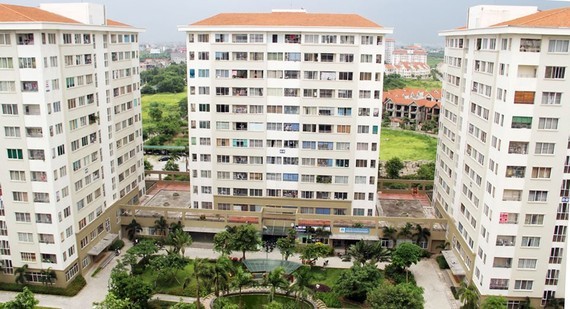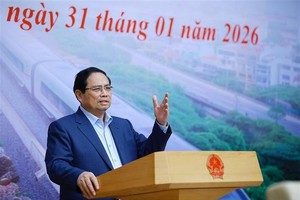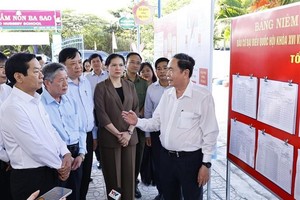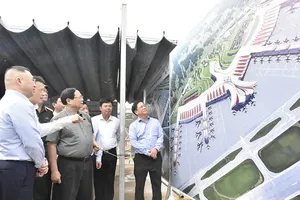
Accordingly, the Prime Minister proposed that by August 15, the People’s Committees of all provinces reported to the Ministry of Construction about ongoing building projects for social housing, projects already identifying locations and investment plans but not yet started, potential land resources for social housing, new social housing projects (number of houses, construction area, specific progress of each project) to meet the local demands.
In August, the Construction Ministry will cooperate with the Ministries of Planning and Investment, Finance, Natural Resources and Environment, Justice, as well as the State Bank of Vietnam, related agencies to develop the project ‘Building at least 1 million Social Houses for the Low-Income, Workers in Industrial Parks from 2021-2030’ for the Prime Minister to review and approve.
All localities must publicly announce their possible land resources for social housing so that interested businesses can correspondingly propose their construction projects.
So far, hundreds of social housing construction projects have been completed in Vietnam over the total surface area of 7.8 million m2 to provide accommodation for hundreds of thousands of low-income households and workers. However, certain weaknesses have also been pinpointed and are in need of addressing to better satisfy the demands of the public.
Therefore, the Government has just stated that the State encourages and welcomes all economic sectors to build social housing for workers and low-income people according to the market mechanism. It has also introduced various policies to support these individuals to have stable accommodation in order to ensure social security and political stability, following the motto of ‘not pursuing economic growth at the expense of social justice and progress’.
The development of social housing for workers and the low-income in localities must go along with the real estate market development plan of those localities in each period, as well as complying with the regulations on accommodation and planning approved by competent agencies to ensure consistency in technical and social infrastructure.
























